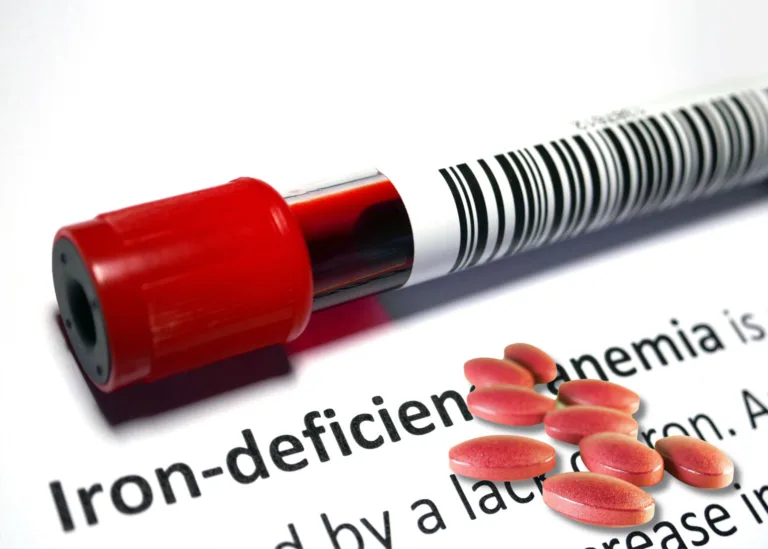Becoming a mother is transformative — but if you’re experiencing urinary incontinence after childbirth, you’re not alone. 1 in 3 women experience bladder leakage postpartum, especially when laughing, coughing, sneezing, or picking up their baby. While common, postpartum incontinence is not something women should be expected to live with.
Why Does Bladder Leakage Happen After Childbirth?
During pregnancy, the body smartly prioritizes making space and support for the growing baby. As the uterus expands, it compresses the bladder, reducing its capacity. Hormones like progesterone soften pelvic tissues to allow for childbirth — but this also leads to a temporary decrease in bladder control.
During labour and delivery, additional factors can weaken pelvic structures further:
- Prolonged pushing or a long labour
- Vaginal tearing or episiotomy
- Assisted delivery (forceps or vacuum)
- Pelvic nerve compression
- Increased downward pressure on the bladder ligaments
Even women who have a C-section can experience urinary incontinence due to pregnancy-related pelvic strain — so it’s not limited to vaginal births.
Understanding Pelvic Floor Function After Childbirth
The pelvic floor muscles act like a supportive hammock, holding the bladder, uterus and bowel in place. When these muscles become overstretched or fatigued, they struggle to hold urine effectively — leading to leakage during effort, movement or sudden pressure.
This is why many women leak when they:
- Laugh or cough unexpectedly
- Lift their baby or car seat
- Return to exercise
- Sneeze or even stand up too quickly
The Emotional Impact: “Why Didn’t Anyone Warn Me About This?”
So many mothers quietly admit the same thing:
“I felt so blindsided. Why did no one tell me this could happen?”
Postpartum incontinence isn’t just a physical issue — it carries an emotional weight. Many women describe:
- Embarrassment when they leak during a laugh, workout, or even a simple sneeze.
- Frustration when they’re told to “just do your Kegels” as if it’s a personal failure, not a medical condition.
- Isolation, because it seems like everyone else bounced back — and no one is openly talking about bladder leaks at playdates or baby groups.
And yet, here’s what more mothers need to hear:
“You’re not broken. This is not just your “new normal.”
Bladder leakage after birth is a pelvic floor dysfunction, not a character flaw or simply the price you pay for motherhood. And the best part?
It’s highly treatable with proper pelvic floor therapy — not just guesswork Kegels.
How Long Does Postpartum Incontinence Last?
For some, mild leakage improves within a few weeks to 3 months postpartum as tissues begin to heal. But for many women, bladder leakage can last months or even years if the pelvic floor isn’t properly rehabilitated.
If you are still experiencing leakage after 6 weeks postpartum, or if symptoms are getting worse — it’s time to seek treatment. Early care leads to faster, more complete recovery.
Types of Incontinence After Childbirth
| Type | What It Feels Like |
| Stress Incontinence | Leakage when coughing, laughing, sneezing, exercising or lifting |
| Urge Incontinence | Sudden, intense urge to urinate with little control |
| Mixed Incontinence | A blend of both — very common postpartum |
“When Bladder Leakage Isn’t Just Something Moms Live With”
Signs it’s time to seek treatment:
- You avoid exercise or specific movements to prevent leaks
- You always check where the bathroom is “just in case”
- You cross your legs before sneezing or coughing
- You limit water intake to avoid leaking
- You feel heaviness, bulging or pressure in the pelvic area
- You feel frustrated when you’re told, “This is just postpartum.”
These are signs your pelvic floor needs rehabilitation — and help is available. Best Treatment Options for Postpartum Incontinence in Ajax & Durham Region
1. Freedom+ Pelvic Floor Therapy (Premium but Accessible)
Freedom+ chair is a non-invasive pelvic therapy chair that uses Functional Magnetic Stimulation to trigger over 25,000 pelvic floor contractions in just 30 minutes — something no home exercise or Kegel routine can achieve.
What makes Aniyah Care different is that Freedom+ chair is not offered as a standalone machine-based service. Instead, it is integrated with pelvic physiotherapy, osteopathic assessment and naturopathic healing support, creating a complete pelvic floor recovery program designed specifically for women after childbirth.
- Fully clothed, no internal exam during treatment
- Comfortable, pain-free sessions
- Safe postpartum pelvic floor therapy near Ajax, Pickering, Whitby and Toronto East
- Designed for busy moms who need efficient, results-driven care
2. Pelvic Floor Physiotherapy
Your pelvic physiotherapist will assess muscle tone, breathing mechanics, abdominal wall healing and pelvic coordination — not just muscle strength. They will guide you through restorative exercises that retrain bladder control, not just tighten muscles.
3. Osteopathic Manual Therapy
Childbirth affects more than muscles — it impacts posture, sacral alignment and fascial tension. Gentle osteopathic techniques restore alignment around the pelvis and bladder, helping the body find balance and reducing tension that contributes to leakage.
4. Naturopathic Recovery Support
Our naturopathic doctors support postpartum healing with nutritional support, pelvic tissue recovery strategies, bladder-friendly herbs, inflammation reduction and nervous system support, which plays a major role in urge control.
5. At-Home Strategies That Help
- Bladder training — extend time between bathroom visits gradually
- Increase fibre to prevent constipation, which adds pelvic pressure
- Limit bladder irritants like caffeine, carbonated drinks and alcohol
- Practice proper breathing mechanics — breath holding worsens pressure on the pelvic floor
What to Expect at Your First Pelvic Health Visit at Aniyah Care
We understand it can feel vulnerable to talk about bladder concerns. That’s why your first visit is designed to feel safe, respectful and empowering.
Here’s what happens:
- Private Assessment : A healthcare provider listens to your concerns and symptoms.
- Pelvic Health Screening : Gentle evaluation to understand muscle function (no internal exam is done without full consent).
- Personalized Recovery Plan : You’ll receive a tailored plan, which may include Freedom+ pelvic floor sessions, physio exercises, osteopathic alignment and naturopathic healing support.
- Clarity on Timeline & Progress : We outline expected improvements and how we’ll track your results.
You are heard, supported and guided — never rushed or dismissed.
Ready to Restore Bladder Confidence?
At Aniyah Care in Ajax, our pelvic health team proudly serves women in Pickering, Whitby, Oshawa, Scarborough, Toronto East and across Durham Region, with a compassionate, evidence-based and integrative approach to pelvic floor recovery.
Postpartum incontinence is common — but you don’t have to live with it.
Schedule with our Pelvic Health Team
Let’s restore your strength, comfort and freedom — one session at a time.










